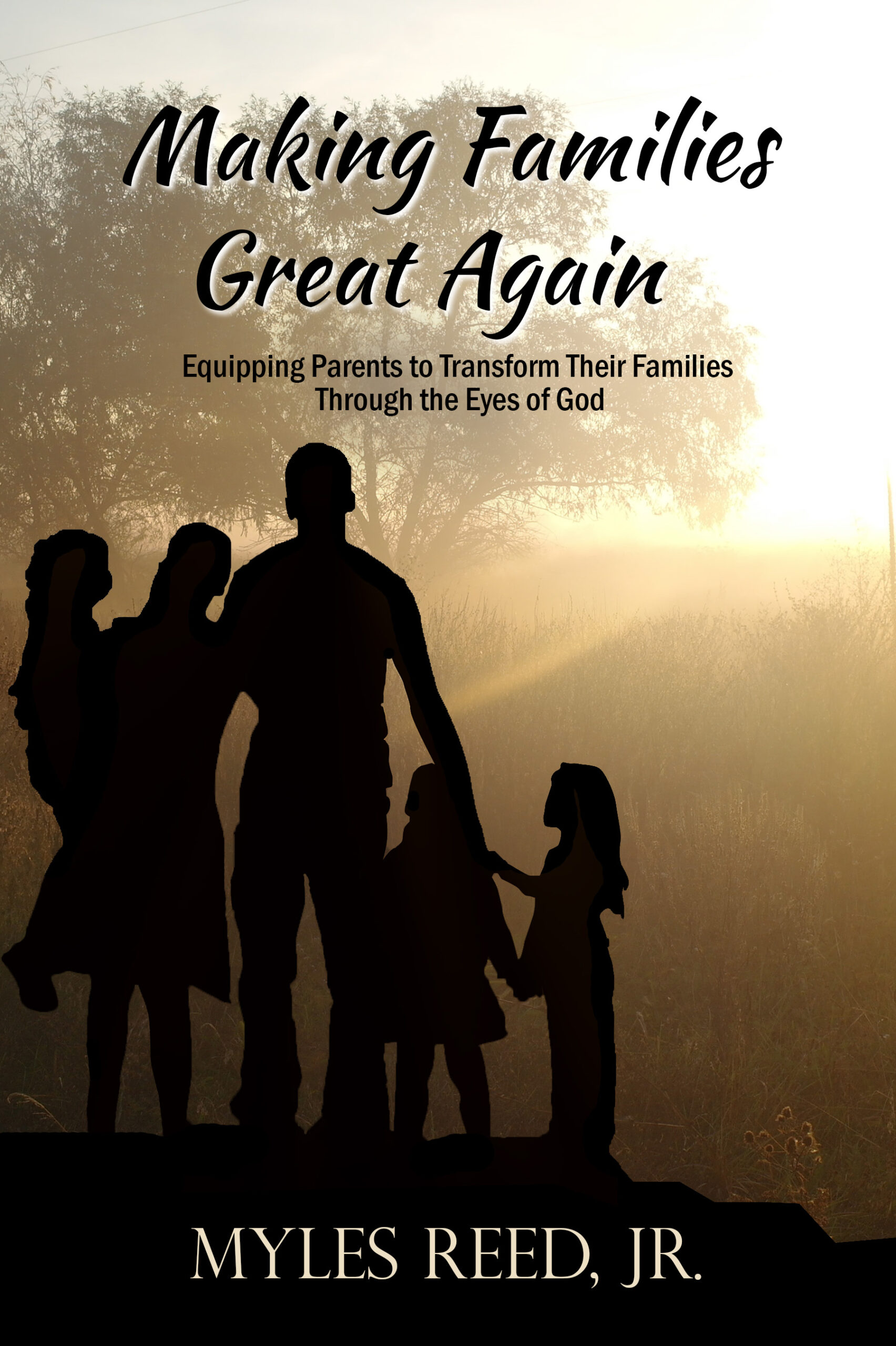
We cannot evoke a feeling of fear in readers’ hearts by telling them “she was frightened.” We must describe the conditions, observations, and actions that show the fear. Paula Hawkins does an excellent job showing her character waking up fearful and not knowing why. With a little work, we might make the paragraph even better.
Great words from The Girl on the Train by Paula Hawkins:
I’m frightened, but I’m not sure what I’m afraid of, which just exacerbates the fear. I don’t even know whether there’s anything to be frightened of. I look around the room. My phone is not on the bedside table. My handbag is not on the floor, it’s not hanging over the back of the chair where I usually leave it. I must have had it, though, because I’m in the house, which means I have my keys.
What we might see for an improved version:
I’m frightened, but why? I don’t know, which causes my heart to race even more. I don’t even know whether there’s anything to be afraid of. I look around the room. My phone isn’t on the bedside table. My handbag isn’t hanging over the back of the chair where it should be. It’s not on the floor either. I must have had it, though, because I’m in the house, which means I have my keys. But where are they?
Logic for making improvements:
- “I’m frightened, but I’m not sure what I’m afraid of” is two telling statements. A certain amount of telling is unavoidable. We need to be told she’s frightened, but then we can show her concern by changing the “I’m not sure what I’m afraid of,” by hearing her ask the simple question, “but why?”
- “Exacerbates” is a nice literary word that is telling that the fear is now worse. Better at showing the deeper fear: “I don’t know, which causes my heart to race even more.”
- In looking for something, the first place we check is where we think it should be. She would first look for the handbag hanging over the kitchen chair, so we want that clause at the beginning of the sentence, not the end.
- “Which means I have my keys” which concludes her logic and suggests there may be no problem. Instead of diminishing her fear, we can intensify it with the added sentence: “But where are they?”




 Character is a critical key to becoming a person of quality, and it starts in the home!
Character is a critical key to becoming a person of quality, and it starts in the home!